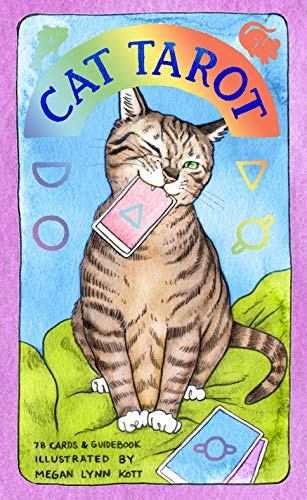If you’re interested in reading tarot cards, you may have encountered the Ancient Italian Tarot. This tarot deck is one of the oldest and most popular decks available, dating back to the 15th century. The deck is rich in history and symbolism, and many tarot enthusiasts consider it to be the gold standard against which all other decks are measured.
This blog post will take a closer look at the Ancient Italian Tarot, including its history, symbolism, and how to use it for readings. Whether you’re a tarot beginner or a seasoned pro, this review will give you a better understanding of this classic deck.
Ancient Italian Tarot Cards Meaning:
The Italian Tarot is a deck of 78 cards with intricate symbolism and rich history. Each card in the deck tells a story, and together they can be used for divination and guidance. While the cards’ meanings are complex, there are some key things to know about each one. Here is a brief guide to the ancient Italian Tarot cards and their meanings.
About the Author
Lo Scarabeo’s Tarot decks have received worldwide appreciation for their uniqueness and high craftsmanship. Each Lo Scarabeo deck offers an amazing creative value, featuring the best Italian painters residing worldwide. Lo Scarabeo remains to be a choice among enthusiasts and consumers for generating inventive new decks while keeping the great heritage of the Tarot. In North America, Llewellyn is now the importer of Lo Scarabeo items.
Ancient Italian Tarot Cards Review
This deck heralds the birth of the Tarot in Italy. The Marseilles decks’ initial design, reimagined by an unknown artist, epitomizes nineteenth European art: intricate, significant, and beautifully painted in rich greens, subtle reds, and dazzling golds.
- The entire decadently clothed array of Tarot images and exquisitely adorned Marseilles-style cards are offered here.
- Most Lo Scarabeo deck accompanying pamphlets are available in five translations: English, Spanish, French, Italian, and German.
Lo Scarabeo published this tarot deck on the eighth of September in 2000. There are 78 cards in this deck, and the booklet has been translated into four more languages other than English. The item weighs 7.7 ounces, and its dimensions are 5.06 x 2.92 x 1.17 inches.
Previous Users’ Experiences
- The deck features beautiful, subdued hues and a traditional design style.
- The numerous figures have faced with expressions and attitudes.
- It’s light and shiny, like genuine playing cards, according to some users, but that makes it much easier to arrange.
- The backside of the cards has a convertible design with gorgeous colorful foliage and arches.
- There seems to be little landscape on these cards, except for the focal character and a few more supplementary accents.
- There seems to be a lot of potential for instincts to play a role here.
- The card readings in the booklet, particularly for the pip cards, are frequently significantly different from the usual RWS meanings.
- Della Rocca’s unique illustrations have been recolored and reprinted.
- The areas of the illustrations in Ancient Tarots have been considerably shortened to enable the insertion of tags along the edge.
- Overall, conventional symbols are represented, or the cards are now at least a moderate artistic variant on processing standards.
- This deck’s trumps are heavily influenced by Marseilles iconography, though not always by Marseilles design guidelines.
- There are a few variations that are typical of the Italian style.
| Pros: | Cons: |
|---|---|
|
|
Conclusion
They’re the correct size, the back patterning is great, and each card is beautiful. There are numbers on them; even if you don’t read Italian, you can pick out which card is which. Occasionally the Italian word is so identical to the English term that you can find out what card it is without consulting a reference.
You May Also Like:
- Most Beautiful Tarot Decks (Top 10 Deck)
- True Heart Intuitive Tarot Review
- The Wild Unknown Tarot Deck- [My Real Review]
Last update on 2024-07-21 / Affiliate links / Images from Amazon Product Advertising API





